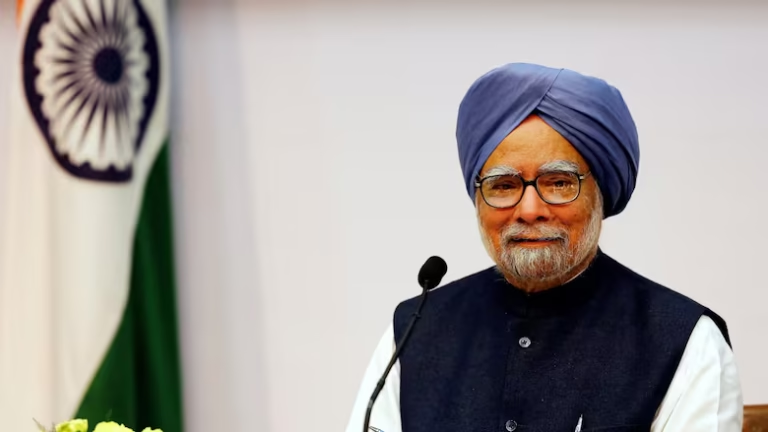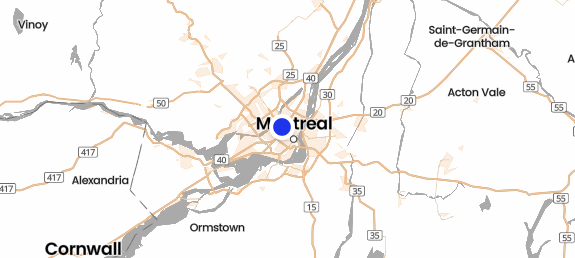
Image by Rogier Hoekstra from Pixabay
Washington, D.C. – November 25, 2024
Prosecutors Move to Dismiss Trump’s 2020 Election Interference Charges: Former President Donald Trump faced charges of attempting to impede the outcome of the 2020 presidential election. That’s all on the heels of this case-where more and more attention had focused on it, with experts and political analysts watching carefully what this could possibly portend for the wider legal landscape. It could be a seminal moment in what has been one of the highest-profile cases in recent US history.
Trump Investigation: Obstruction to the 2020 Election
The indictment against Trump centers on his actions following the 2020 presidential election and precisely how he, along with many of his closest associates, allegedly tried to obstruct the outcome of the election. Prosecutors said Trump’s efforts to obstruct the certification of President Joe Biden’s victory included pressuring state officials to change the vote tallies, pushing a sham alternate set of electors, and even inciting the violent riot at the Capitol on Jan. 6. The indictment said it was at that juncture that he had crossed from permissible political conduct into criminal activity.
In early 2023, federal prosecutors brought a sprawling indictment against Trump, citing several counts in conducting an effort to disrupt the election process. Other counts against him included conspiracy to defraud the United States, obstruction of an official proceeding, and civil rights violations. This indictment set off a firestorm of press interest and revised public debate about Trump’s role in the events leading up to the riot at the Capitol.
Legal Motion to Dismiss: Key Developments and Arguments
One of those moments when that case stood at a crossroads came with the motion to dismiss at the close of this week. Prosecutors said charges against Trump should be dropped because some developments unfolding over the last several months mean the charges ought to fall. They cited new evidence available and recent changes in witness testimony as having dramatically weakened their case.
Those developments have been seized upon by the Trump defense team, which argues that the charges against him are unlawful and political in nature. They say Trump’s actions were protected by the First Amendment because they consisted of public statements and political activity about the election. The defense argued that any American citizen has the inalienable right to question the legitimacy of an election, and that Trump was well within his role as a political leader-advocate for his supporters.
The motion to dismiss gave rise to key questions as to how one viewed the law in terms of jurisdiction if there is interference with an election. The question has remained divided among analysts whether prosecutors could actually reach the threshold that the law demands for proving criminal intent on the part of Trump. Part of the argument is that as sitting president, Trump had credible reasons to question the election results. For many, though, these actions described in the indictment represent pretty clear attempts at invalidating democracy and the rule of law.
Consequences in Case Charges Are Thrown Out
In case the presiding judge in this matter were to grant this motion to dismiss, the implications would be great, not for Trump himself, but for all future election-related legal cases in the United States. Maybe this speaks to the stomach of the judiciary in trying influential political figures for attempting to undermine democratic processes. This will be a bad precedent for any election result challenged in the future and probably make it hard for any other future administration to hold any public figure responsible over such an action.
Otherwise, should the motion be denied and the case move forward, it would join a slew of other court-hearing marathons headlining up to and through the 2024 election. The hounding of Trump in the courts is not close to being over, and this case may have a result highly consequential for his political future and his public standing.
Reaction on Political Spectrum: Divided Public Opinion
The motion to dismiss has set off frenzied debate among politicians, analysts and the general public. To supporters, this was a huge victory for Trump. Many had said the charges against him were part of a broader political effort to diminish his influence. “This is a victory for justice,” a spokesperson for Trump’s legal team said. “The charges were politically motivated and never had a legal foundation.”
Critics of Trump, however, say dismissal would create the worst kind of precedent-one that would contribute to undermining public confidence in the rule of law. Other similarly disposed legal analysts said at this stage of the proceedings, the dismissal of the indictment will embolden others who might attempt to undermine election results by illegitimate means and further diminish democratic norms. That would be a severe blow to the integrity of our democracy, allowing Trump to skate free without accountability for his part in trying to undo an election.
This also opens up larger political considerations: the many legal cases pending against Trump do not involve this 2020 case of election interference alone; there are other strong cases involving classified documents, financial misconduct, and obstruction of justice. The result could snowball into other pending legal cases against Trump in the period leading up to a decision on his motion to dismiss.
What’s next for Donald Trump’s legal defense?
The presiding judge will argue the motion to dismiss in early December; both the prosecution and the defense will make their arguments. If denied, that motion could then take the case forward to trial-a process which would take several months, if not years, to conclude. It is a high-stakes decision for Trump: his legal future, his political ambitions, and his public image hang precariously.
But the motion to dismiss had raised more far-reaching arguments about the respective roles of law and politics. To what extent does a sitting president-or any political actor-become liable for seeking to change the result of a free and fair election? It’s a question likely to haunt the discussion over Trump’s legal efforts well into the coming months.
Related article: Donald Trump – A Stunning Political Comeback




